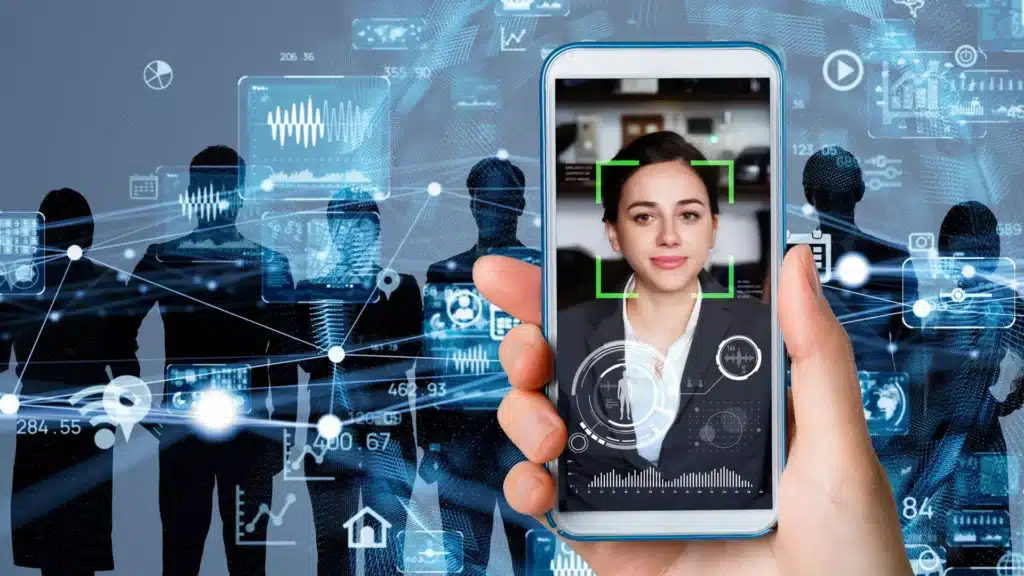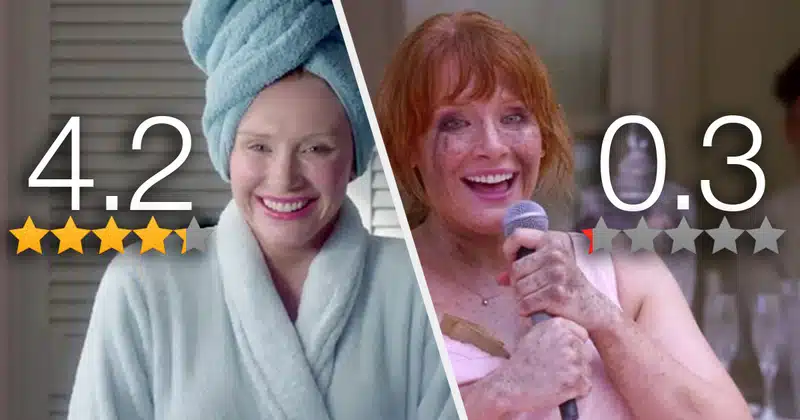Navigating today's digital ocean is an undertaking that we face with too light a heart. Every day we immerse ourselves in flows of information, interact with algorithms and deal with new forms of communication: how much have we really reflected on the profound impact they have on our society? Digital sociology emerges as a crucial discipline to answer the question.
It's not just about analyzing data or studying online trends, but about understanding how our interaction with digital redefines human relationships, social dynamics and even our perception of reality.
Social platforms, apps and devices have become extensions of ourselves. They shape our habits, they influence our decisions. They shape our identity.
Digital sociology invites us to look beyond all these screens, and to explore the profound transformations that are going through us. This is why it will be increasingly important.
The digital language

In the information age, digital language has now invaded every corner of our daily lives. I'm not just talking about binary code or programming languages, but about how digital expressions influence our way of communicating, relating and perceiving the world. Yesterday, in the interesting live broadcast on Rai Radio 1 that hosted me (you can listen to the podcast here), there was also talk of an interesting Italian research, that I link to you here. The researchers Linda Dalle Nogare, Alice Cerri and Alice Mado Proverbioof the Department of Psychology of theMilan-Bicocca University they observed that our brain interprets emojis earlier and better than it does a human face.
The discovery highlights the adaptability and evolution of our brain. Emojis, originally created as simple icons to express emotions quickly and universally, have become so ingrained in our digital culture that our brains now recognize them with surprising speed and clarity, perhaps even greater than that with which it interprets faces real. Are we developing new neural “anchors” to quickly grasp the meaning and intention behind a message? How is the nature of empathy changing? This is also why there is digital sociology.
Digital sociology: from connectivity to community
We all know the promise of digital: it was to offer us unprecedented connectivity. And we can say that it has been maintained: it's true, never before have we been so connected as today. But has this connection really led to greater mutual understanding?
Digital sociology explores how online platforms are creating new forms of community. Some of these strengthen existing ties, while others can accentuate divisions, polarizations and behaviors that risk becoming antisocial.
Identity in the new millennium

Who are we online? This seemingly simple question hides complex facets. Our digital identity is often a curated version of ourselves, influenced by algorithms, social feedback, and personal aspirations. Where does reality end and fiction begin?
How do these online identities affect our self-perception in the real world? In China new technologies are shaping the aesthetic canons. In the UK, 90% of young women do not post their photos online if they are not retouched.
Have the platforms we use evolved or evolved? Social Media started with the intention of being "social", and today it is perhaps too "media". The "average" user is faced with an enormous amount of increasingly refined content, which is out of keeping with everyday reality, and they will end up deforming it irreversibly. Or to sink social media, at least the current ones, which is not implausible.
“I like it”, therefore I am

The social gratification mechanism has literally become a currency in the digital age. It has produced new professional figures, such as that of the social media manager, or more precisely that one of the Influencer.
A “like”, a comment or a share can influence our mood, our self-esteem and even our decisions. What is the price of this incessant search for approval? And how can we balance the desire for recognition with the need for authenticity?
Digital sociology, a necessary tool for a more conscious future
We think we've come a long way (and already experienced so much degradation) in the digital age. In reality we haven't even started: just 25 years have passed since the diffusion of the internet.
We will surf the net again and again, even on platforms and in ways that are very different from the current ones. It is essential that we arm ourselves with the skills and knowledge necessary to navigate wisely.
Digital sociology offers us the tools to do this, illuminating the challenges and opportunities that await us. I am not exaggerating, believe me, when I tell you that we need it like air. With an optimistic and solutionsist vision, we can embrace the future with curiosity, awareness and hope.


